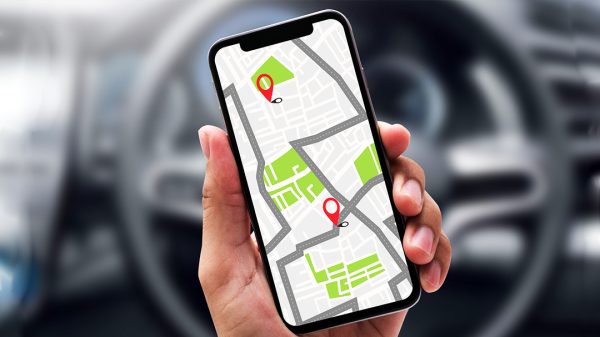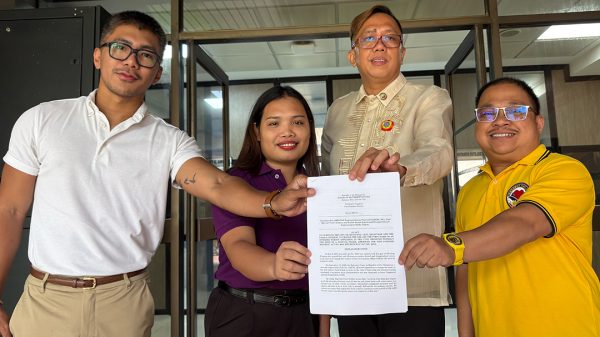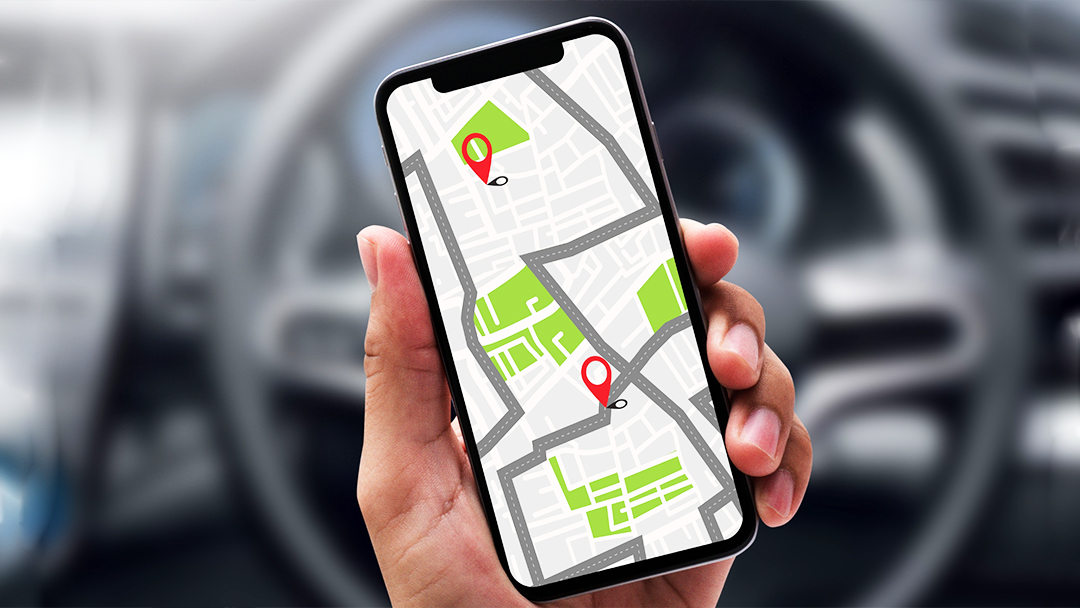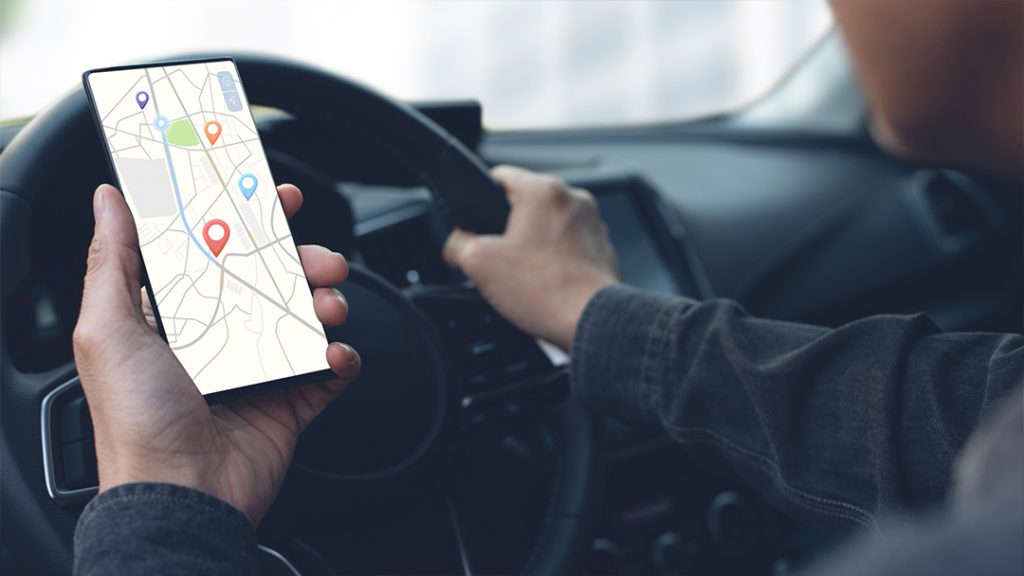In today’s business world, tracking isn’t just about keeping tabs; it’s about keeping up. Data runs everything now, from how you manage vehicles to how you protect your reputation. But somewhere between efficiency and control, a moral line appears. It’s the difference between using technology to support people versus using it to spy on them. Responsible tracking sits right in that middle ground. It’s the smarter, fairer way to operate, one that saves money, builds trust, and still gets the job done.
Tools like rental car GPS tracking prove you don’t have to choose between progress and principles; you can have both when you approach technology with integrity.
When Monitoring Becomes Management: Finding the Balance
Tracking began as a way to optimise. It was about knowing where things were, not what people were doing. But somewhere along the line, technology blurred the line between oversight and overreach. Businesses started using GPS data not just to manage assets but to monitor individuals, drivers, contractors, even customers.
That’s where the balance must be restored. Responsible tracking starts with intention. Are you using the data to improve operations or to control behaviour? The difference matters. For instance, a logistics company might use telematics to reduce fuel costs, map safer routes, and ensure compliance with rest breaks. Those are legitimate, ethical purposes. But using the same tech to constantly scrutinise employees’ every stop or bathroom break? That’s surveillance masquerading as strategy.
The key is proportionality. Businesses must ask: what level of monitoring truly adds value? Data that informs safety or performance should be prioritised, while anything that infringes on trust or dignity should be off-limits.
And when you find that balance between performance tracking and human respect, you unlock a deeper level of engagement. Employees no longer feel like they’re being watched. They feel like they’re part of a system designed to make their work safer and smarter.
How Responsible Tracking Safes Money and Safeguards Reputation
It’s easy to underestimate how much ethical tracking influences profitability. Many businesses assume it’s an added cost, something nice to do when there’s extra time or budget. But in reality, ethical tracking can save money and protect your brand’s reputation in measurable ways.
Let’s start with operational efficiency. Fleet-based businesses, for example, often lose thousands to inefficiencies like route overlap, idling, or maintenance oversights. Smart systems such as rental car GPS tracking provide the precision needed to eliminate those losses, without compromising on trust. The technology allows managers to locate vehicles, predict servicing needs, and optimise fuel consumption in real-time. That’s not just efficiency, it’s accountability with purpose.
Then there’s the reputation factor. In the age of social media and instant reviews, how a company uses data can make or break its credibility. Transparency about how tracking information is used, whether to ensure safety, streamline costs, or enhance customer experience, builds long-term trust. When customers and employees know that monitoring has ethical guardrails, they’re more likely to stay loyal.
Legal compliance is another pillar. Around the world, data protection regulations are tightening. The companies already practicing responsible tracking will find themselves ahead of the curve, saving thousands in potential fines and mitigating PR risks.
And finally, sustainability. Tracking that optimises fleet routes or reduces idle time cuts fuel consumption and carbon emissions. That’s not just good for the planet, it’s increasingly demanded by clients who want eco-conscious partners. Efficiency and ethics, it turns out, aren’t just compatible; they’re interdependent.
The Human Side of Data: Why Trust Still Wins
It’s easy to get caught up in dashboards and data streams, forgetting that behind every metric is a person. That’s the human side of responsible tracking: using data to empower, not dehumanise.
When workers understand that monitoring tools exist to enhance their safety and support better decision-making, resistance turns into collaboration. For example, when drivers see that tracking helps them avoid dangerous routes or provides evidence in case of disputes, they start to view it as protection rather than policing.
It’s a subtle but powerful shift, from suspicion to trust. And trust, as every leader knows, is the foundation of long-term productivity. No algorithm can replicate that.
The smartest companies are those that combine analytics with empathy. They talk openly about how data is collected, how long it’s stored, and who can access it. They invite feedback, adjust policies, and prove that technology can coexist with transparency.
That’s the kind of leadership that earns not only efficiency gains but loyalty, the one metric that can’t be tracked but always shows up in results.
Setting Ethical Standards for Fleet Tech Adoption
As businesses adopt new tracking systems, setting ethical standards from the start is essential. These guidelines serve as both moral compass and operational blueprint.
1. Define purpose clearly.
Before implementing any tracking tool, articulate its purpose. If it’s for safety or efficiency, make that explicit, and ensure all data use aligns with those goals.
2. Be transparent.
Communicate openly with employees, customers, and partners about what data is collected and how it’s used. Clarity is the antidote to distrust.
3. Limit access and retention.
Not everyone needs to see everything. Restrict access to authorised personnel and avoid hoarding data beyond its relevance. This protects privacy and reduces liability.
4. Audit regularly.
Technology evolves faster than policy. Regular audits ensure your tracking systems remain compliant with current laws and ethical standards.
5. Promote shared benefits.
Make sure tracking improves the experience for everyone, not just management. For instance, providing drivers with visibility into their performance metrics can foster accountability and pride.
Adopting ethical standards doesn’t slow innovation; it accelerates it. When you build systems on trust and fairness, adoption becomes easier, employee engagement rises, and data quality improves because people no longer feel the need to hide or manipulate outcomes.
Turning Technology Into a Force for Good
Technology isn’t the problem; how we use it is. Tracking, in essence, is neutral. It’s a tool that can serve exploitation or empowerment, depending on the intention behind it. Businesses that understand this distinction will lead not only in efficiency but in conscience.
Responsible tracking represents the next phase of digital maturity: one where companies embrace transparency, accountability, and sustainability as competitive advantages. It’s about recognising that data isn’t just a currency, it’s a covenant between a business and its stakeholders.
When tracking becomes responsible, profits grow alongside principles. Employees feel protected, customers feel respected, and leaders can sleep at night knowing their systems serve both progress and people. That’s the kind of efficiency worth striving for, one that measures success not just by movement, but by meaning.







































































